Cyber policing and surveillance in Britain today
Key issues on Britain’s treatment of e-crime and the surveillance of its people were high on the agenda at London’s recent Infosecurity show.
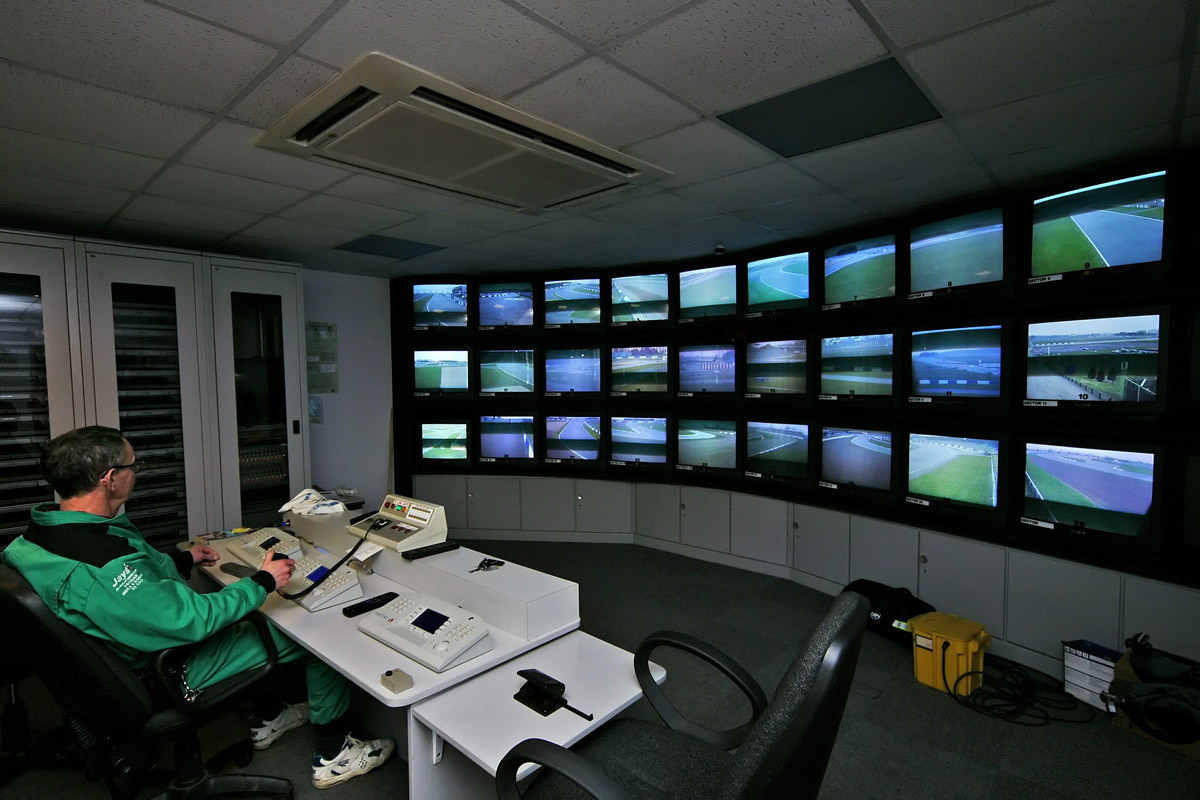
Britain's role in tackling the threat of cyber crime and the government's plans to keep data on the people have been hot topics in 2009. During last month's Infosecurity event, they were once again in the spotlight and brought home to everybody connected with keeping computers secure.
David Blunkett on the Olympics
From his chequered history as a Labour Home Secretary, Blunkett was always worth a headline, and this year was no exception.
He highlighted the threat of cyber criminals to the running of the London Olympic Games in 2012, which could also pose a great threat to the economy and Britain's image.
"There is both a challenge and an opportunity," he said, in a call to arms for those involved in information security as well as the IT industry in general.
"An opportunity to persuade the world that we are, and can be, a safe, reliable and comfortably environment for the expansion of activity on web."
Blunkett also said that, if well run, the Games could be a major driver for the British economy, and we needed to be "ahead of the game", rather than "waiting for things to happen".
Get the ITPro daily newsletter
Sign up today and you will receive a free copy of our Future Focus 2025 report - the leading guidance on AI, cybersecurity and other IT challenges as per 700+ senior executives
Blunkett on ID cards
Olympic references weren't the only thing Blunkett said that created their fair share of headlines. He also said that he saw passports as a potential replacement for ID cards.
He did seem to be behind current Home Secretary Jacqui Smith's controversial plan to get ISPs to collect data on their users. But he was really concerned about the treatment of the data once authorities like the police and the security services get hold of it.
Blunkett called for an urgent review of the Regulation of Investigatory Powers Act 2000 (RIPA) and he urged for that to happen quickly to ensure that data was being kept and used for the right purposes.
Policing cyberspace
At last year's Infosecurity show, the Police Central e-Crime unit (PCeU) wasn't yet formed. Instead, Metropolitan Police superintendent Charlie McMurdie was heading the hunt for help and funding.
This year's Infosecurity saw the PCeU already set up, ready to fight the aspects of e-crime that have become a big deal for businesses and consumers alike.
The PCeU have been working in three key areas. The first has increased mainstream capabilities throughout law enforcement to improve the response to e-crime.
The second involved McMurdie's central team of cybercops' such as network investigators, computer forensic staff and comms coordination, pulling together and investigating the most significant attacks that took place as they occurred.
The third area involved the City of London Police, which was the leading force against fraud, as most of it occurred in the capital.
As reported in February , they were working on establishing a National Reporting Centre for e-crime fraud issues, and alongside it a National Fraud Intelligence Bureau.
"What we need is the brigaded intelligence to say that there are 2,000 victims around the country who may be reporting in 43 different forces," McMurdie said.
"Let's pull that intelligence together and find out there is one serious organised crime group behind that particular attack."
The National Fraud Reporting Centre is looking at going live next summer.
Although the PCeU has already made several pleas for industry help, McMurdie used Infosecurity as an opportunity to ask the tech community to help directly in the fight against cybercrime by either becoming part-time community volunteers, or as more involved special constables.
-
 CyberOne appoints Microsoft’s Tracey Pretorius to its advisory board
CyberOne appoints Microsoft’s Tracey Pretorius to its advisory boardNews The threat intelligence leader will provide strategic guidance to CyberOne’s executive team
By Daniel Todd
-
 CISA issues warning in wake of Oracle cloud credentials leak
CISA issues warning in wake of Oracle cloud credentials leakNews The security agency has published guidance for enterprises at risk
By Ross Kelly
-
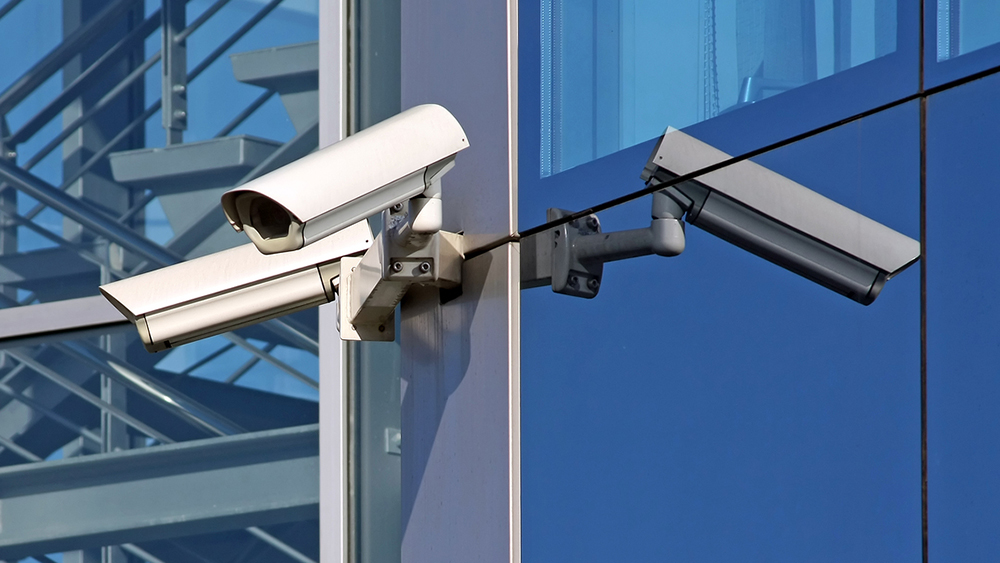 US to ban surveillance software exports to authoritarian governments
US to ban surveillance software exports to authoritarian governmentsNews Commerce dept to prevent US companies from selling tools to hack people
By Rene Millman
-
 Cambridge Analytica: US Congress probes data firm set up by ex-Cambridge Analytica employee
Cambridge Analytica: US Congress probes data firm set up by ex-Cambridge Analytica employeeNews Congress wants to know whether it's collecting data from apps or using data brokers
By Clare Hopping
-
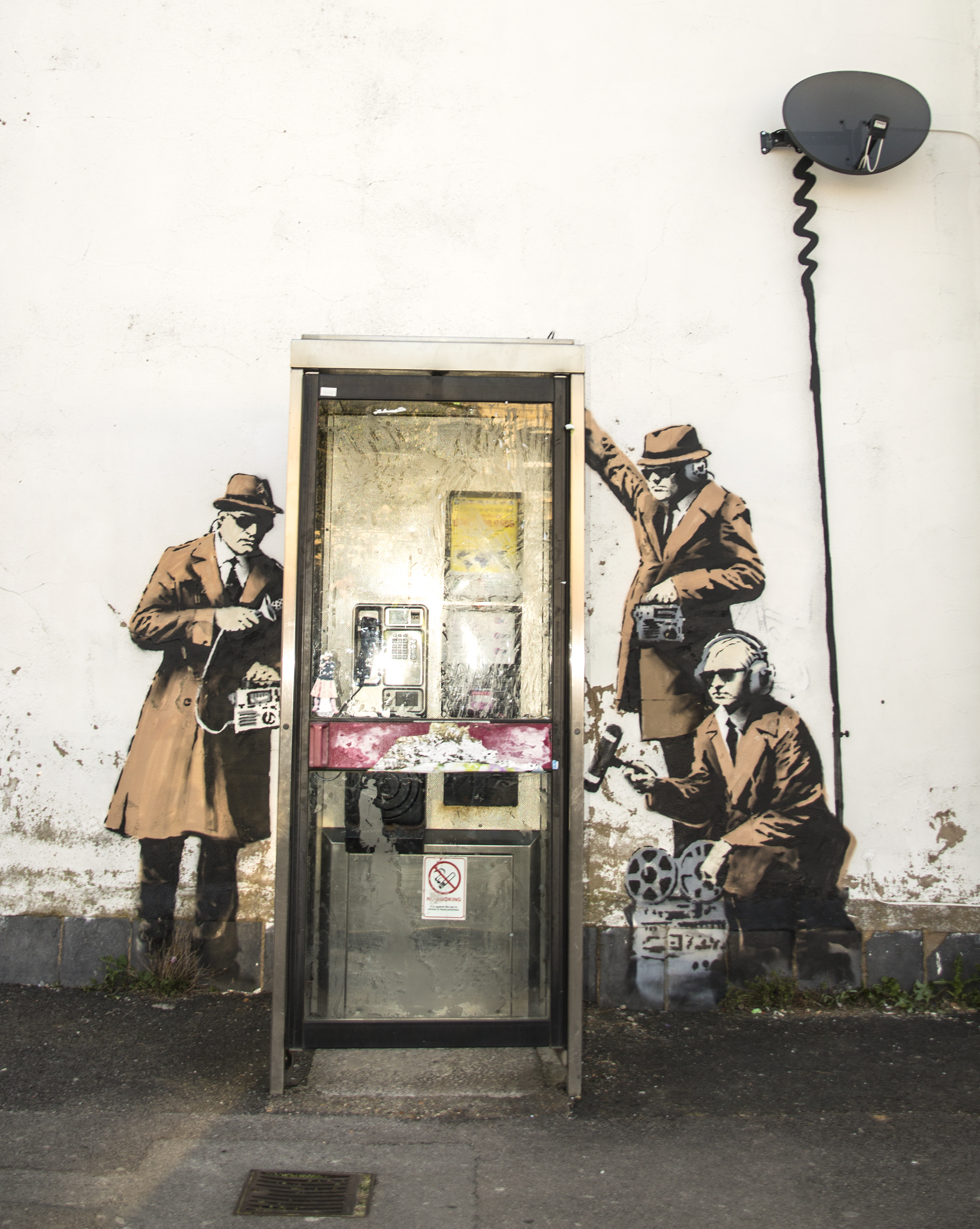 UK oversight bodies 'were not aware' of spies' data-sharing
UK oversight bodies 'were not aware' of spies' data-sharingNews Privacy International finds documents alleging widespread GCHQ data-sharing occurred without safeguards
By Zach Marzouk
-
 Gov accuses Whatsapp of creating security 'black hole'
Gov accuses Whatsapp of creating security 'black hole'News Gov ramps up pressure on app to hand over encrypted messages - report
By Clare Hopping
-
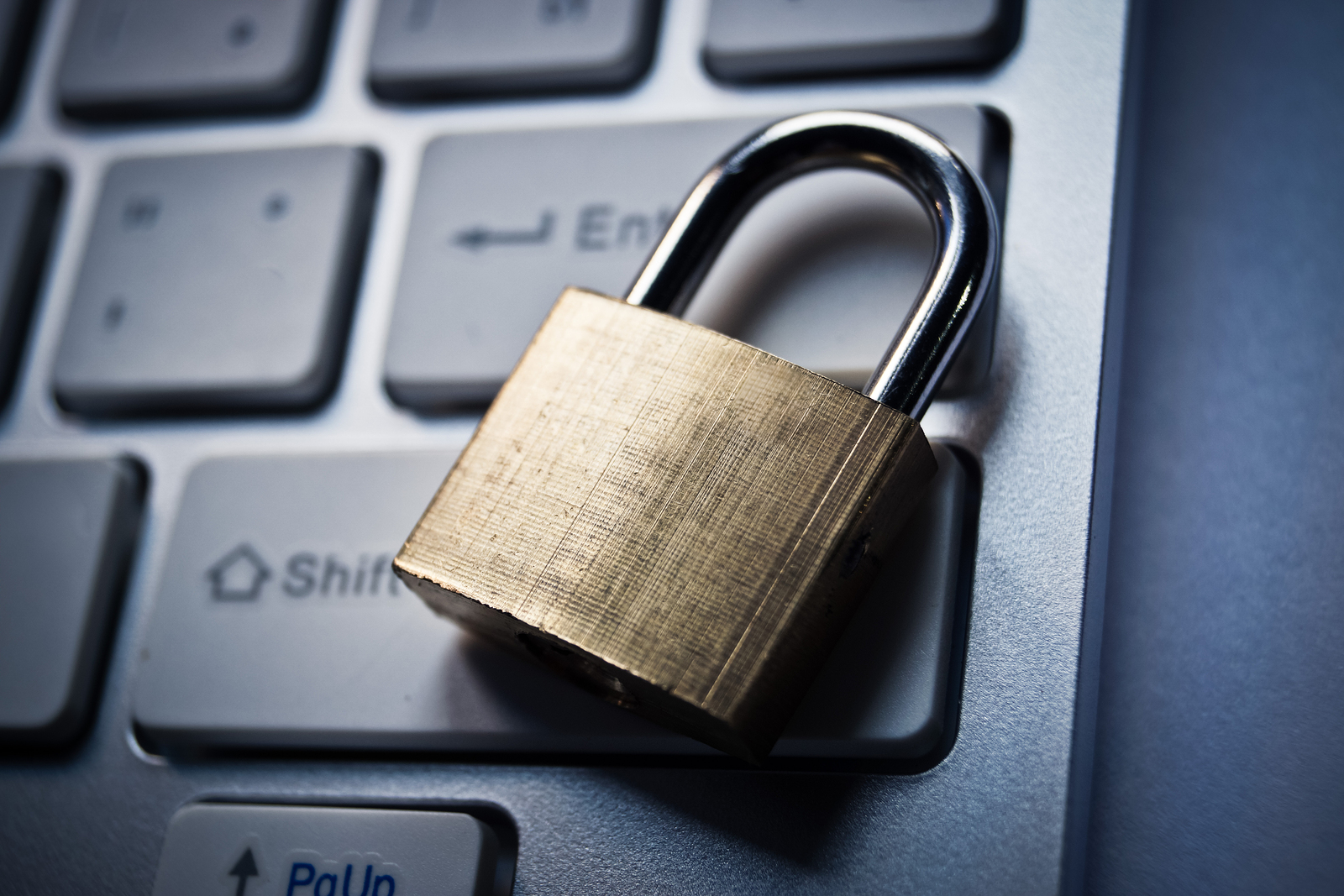 The government needs to abandon its war on WhatsApp
The government needs to abandon its war on WhatsAppOpinion Encryption might seem like an easy target, but mess with it at your peril
By Adam Shepherd
-
 Adaptive Mobile reveals hacker holes in mobile networks
Adaptive Mobile reveals hacker holes in mobile networksNews The flaws can be used by malicious actors maliciously and governments to carry out large-scale attacks and surveillance operations
By Clare Hopping
-
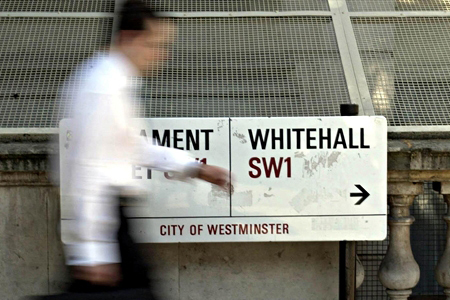 Gov denies Verify could be used to spy on you
Gov denies Verify could be used to spy on youNews GDS issues rebuttal to paper claiming identity assurance scheme degrades your privacy
By Joe Curtis
-
 Legal scholars plead with MPs over Snooper’s Charter
Legal scholars plead with MPs over Snooper’s CharterNews Academics sign open letter to stem government-sanctioned data collection
By Alan Lu